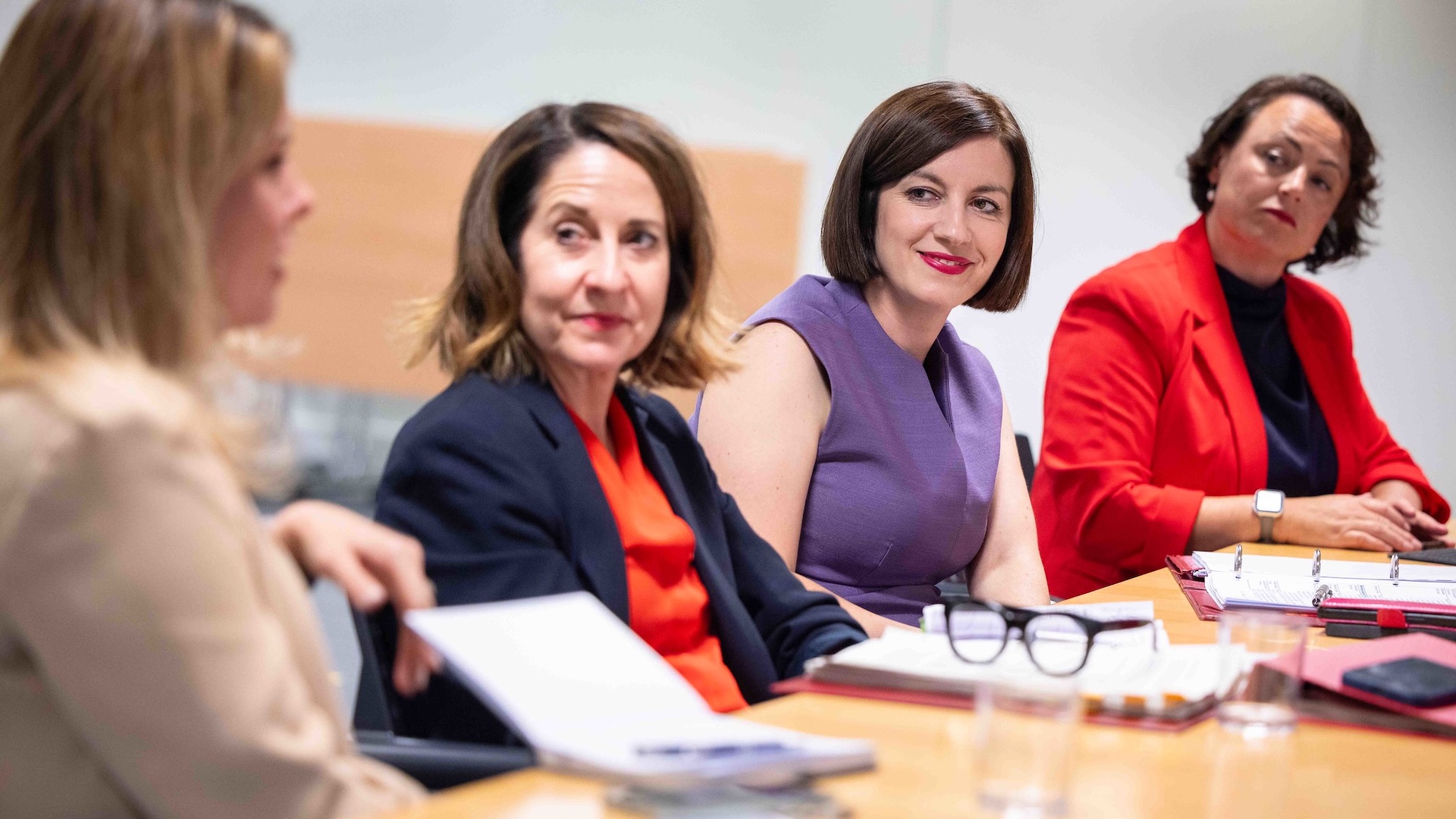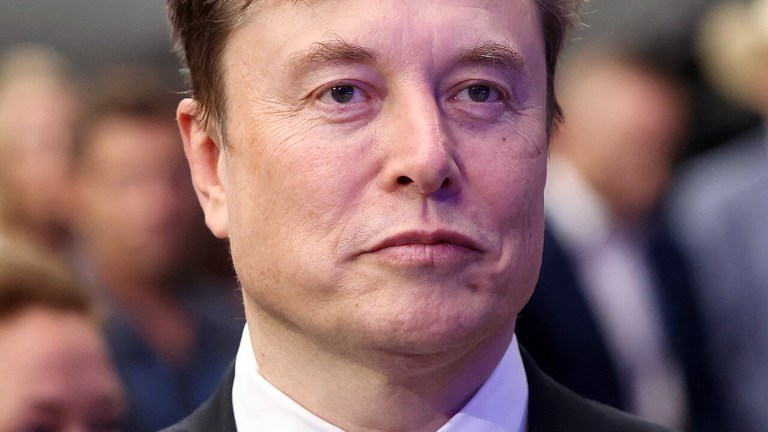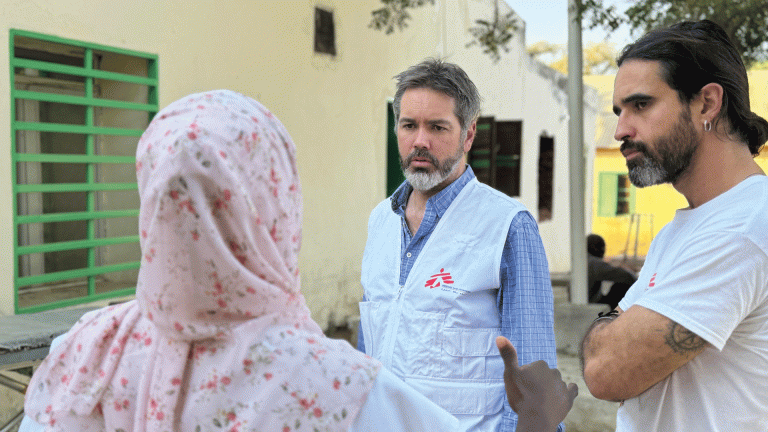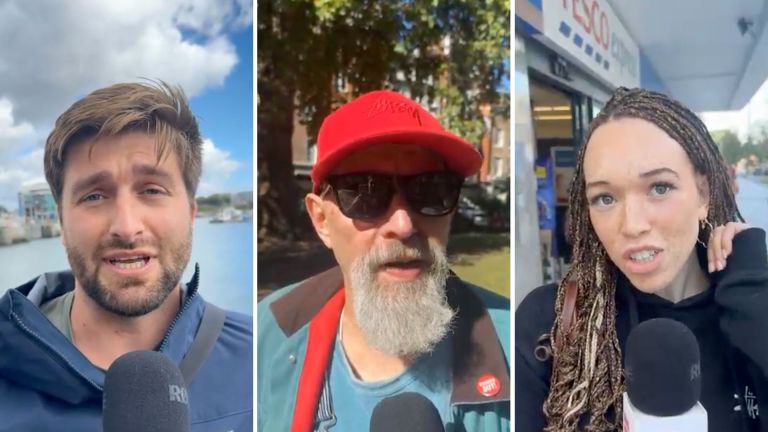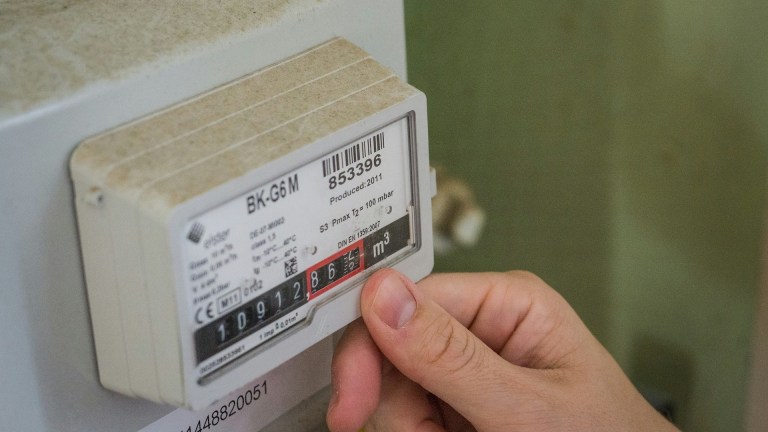Prime minister Keir Starmer has said his government will be “ruthless with cuts if that’s what’s necessary”, although Labour has not confirmed how it will slash the welfare bill.
It is due to publish a health and disability green paper with details of its proposed changes in the spring.
The government is also set to reveal its child poverty strategy in the spring. An “ambitious” plan could bring down child poverty rates to their lowest level in 40 years, the Resolution Foundation has found.
If it is successful in boosting employment and reducing housing costs, such as by increasing parental employment by 160,000 and keeping down private rents, 130,000 children could be lifted out of poverty.
This would bring £2bn in savings for the Treasury but it would not be enough to achieve falling child poverty rates over the course of parliament. According to the report, “there are real limits on how much an employment strategy will help to reduce child poverty”.
This is because seven in 10 families in poverty already have at least one person in work.
By comparison, scrapping the two-child limit on benefits and the benefit cap would lift half a million children out of poverty by the end of this parliament at a cost of £4.5bn. The Resolution Foundation claims this is “by far the most effectively targeted route to reducing child poverty”.
Alternatively, the government could start by introducing an interim three-child benefit limit. Along with scrapping the benefit cap, this would cost around £3bn but lower the child poverty rate by 320,000.
Adam Corlett, principal economist at the Resolution Foundation, said: “With a record 4.6 million children set to fall below the poverty line by the end of this parliament, the government is right to be formulating a new strategy to combat this scourge of modern Britain.
“However, a credible new strategy will need more than warm words. A government that is serious about reducing child poverty will need to undo some of the policies announced by previous governments, such as scrapping the two-child limit. The upcoming spending review should also look to extend free school meals to more families.”
The Resolution Foundation estimates that extending free school meals to all families on universal credit would lift a further 100,000 children out of poverty at a cost of £1.2bn.
It also recommends restoring and boosting family element of universal credit – a payment worth up to £800 by 2029-2030 – and re-linking the local housing allowance to local rents. These two measures would lift another 140,000 children out of poverty at a cost of £3bn.
Corlett added: “An ambitious strategy could support around 900,000 children out of poverty by the end of the decade. And while the cost of this action may seem daunting, the cost of inaction is far greater and could leave the government with an embarrassing record of rising child poverty.”
Do you have a story to tell or opinions to share about this? Get in touch and tell us more. Big Issue exists to give homeless and marginalised people the opportunity to earn an income. To support our work buy a copy of the magazine or get the app from the App Store or Google Play.
